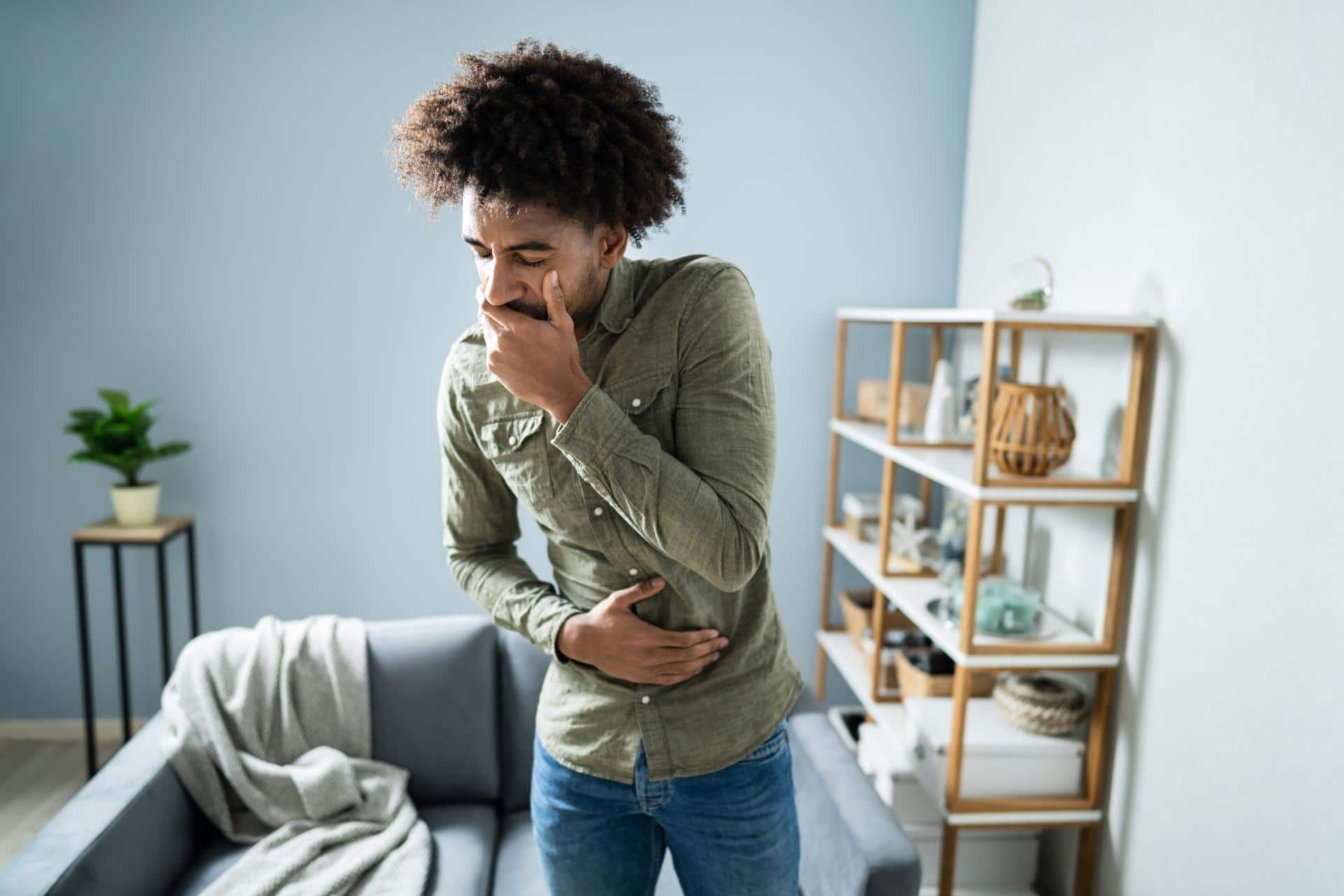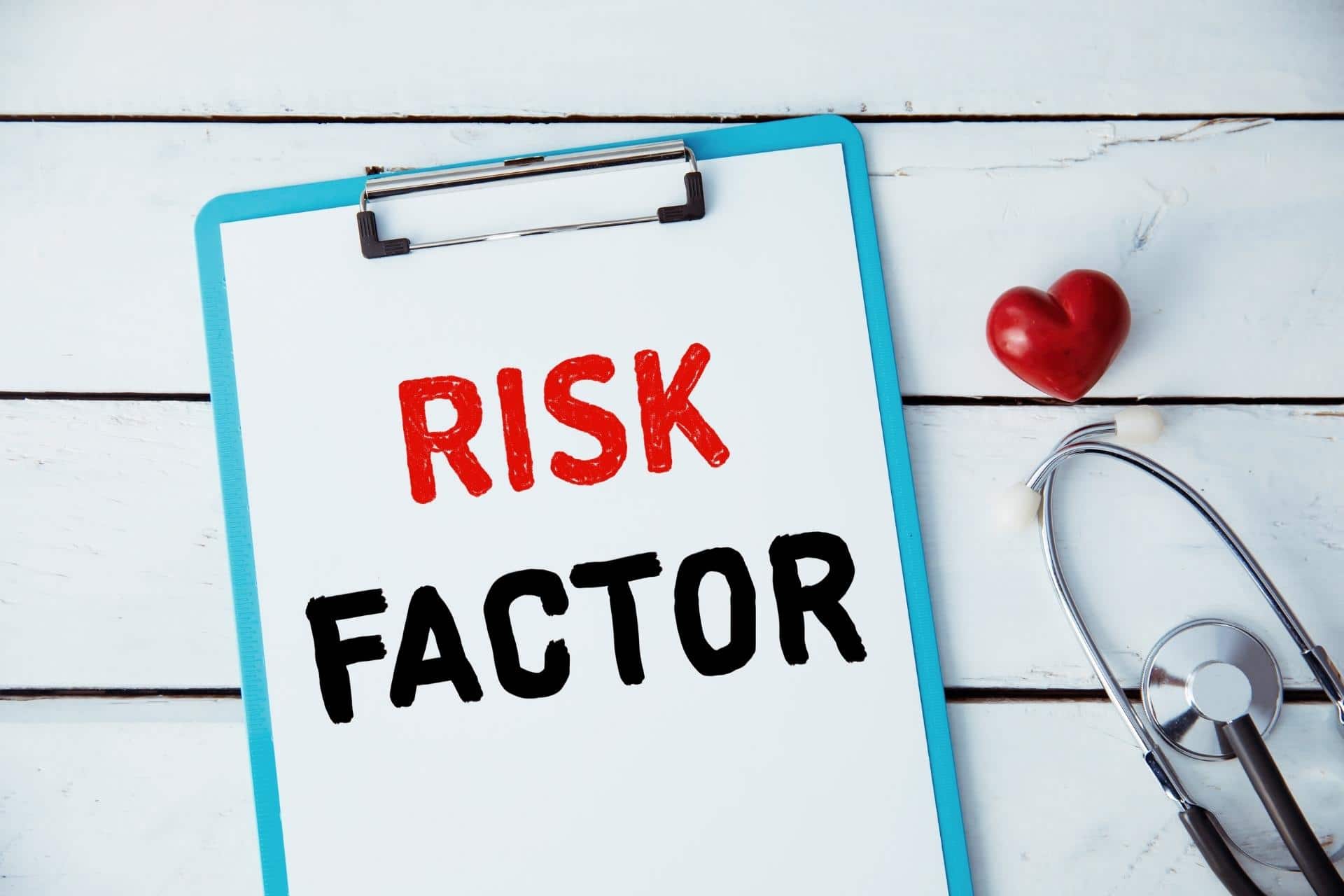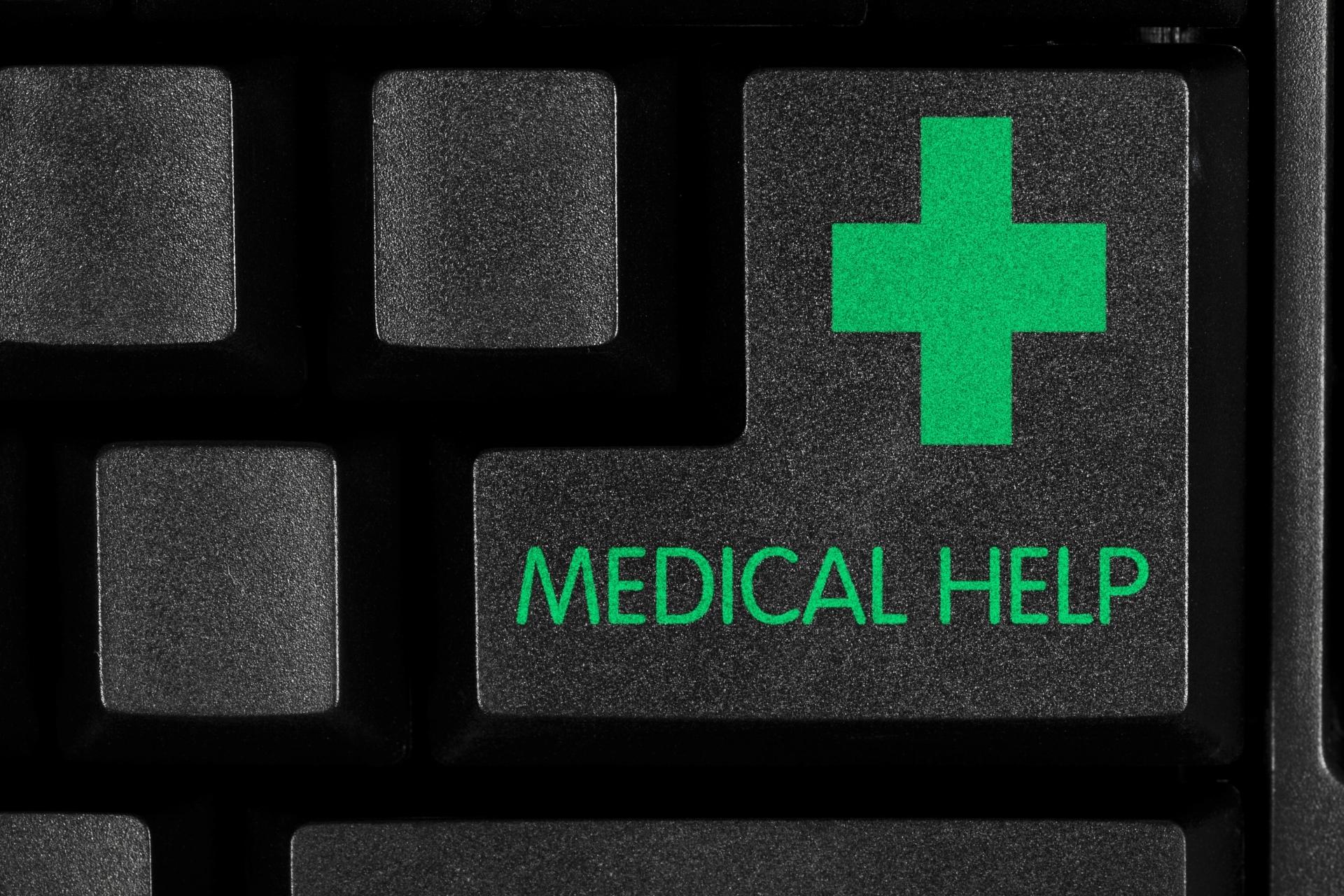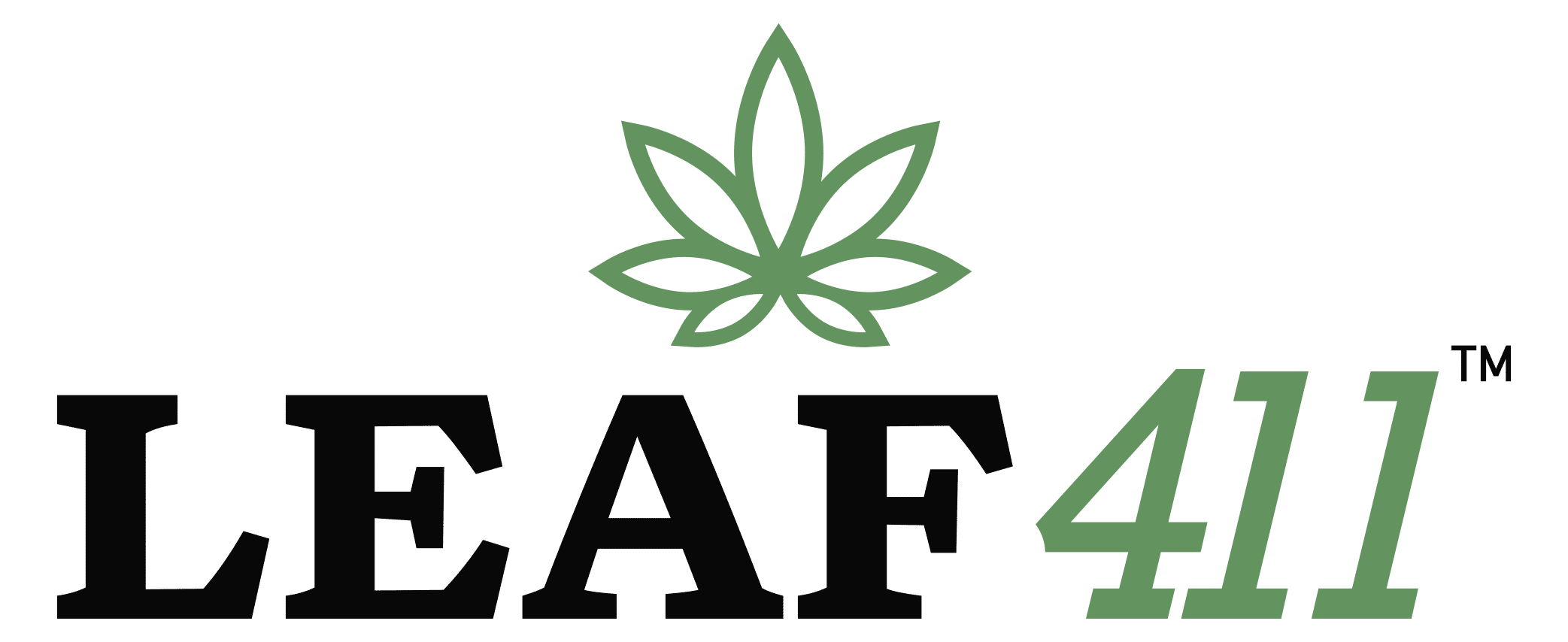Get answers to questions about cannabinoid hyperemesis syndrome (CHS), a rare yet concerning issue
Medically reviewed by Katherine Golden, RN, and Eloise Theisen, NP
Written by Denise Rustning
Many people rely on cannabis to help with overall wellness and health, even using cannabis as an alternative to opioids which carry risk of addiction and other unwanted side effects.
So with that in mind, what’s up with the scary-sounding condition called cannabinoid hyperemesis syndrome (CHS) that has been popping up in the news over the past year, where cannabis appears to make people sick?
What is cannabinoid hyperemesis syndrome (CHS)?
CHS was officially recognized by medical professionals in 2004. It is a complex, poorly understood medical condition triggered by cannabis use that causes abdominal pain, extreme nausea and vomiting–basically the opposite of what you would expect when using cannabis!
CHS’s primary symptom is extreme, persistent nausea and vomiting that cannot be traced to a different medical cause, hence the word “hyperemesis.”
The progression of CHS includes three phases:
- In the prodromal phase, the patient experiences early morning nausea but does not find relief in hot showers/bathing.
- During the hyperemesis stage, vomiting becomes cyclic and is relieved with hot showers and bathing, though the only long-term solution appears to be to completely stop all cannabis use.
- Recovery starts when the patient stops using THC.

In general, CHS appears in a small number of people after long-term use of marijuana (weekly use over at least a one-year period). Some doctors have also reported seeing the condition in young people who are using a lot of high-THC concentrates, most often “dabbing” the product, even after short-term use.
One other challenge of diagnosing CHS is that the symptoms are very similar to those of cyclic vomiting syndrome (CVS) which is characterized by episodes of severe vomiting that have no apparent cause. CVS is not connected to cannabis use but can present in a similar way.
Because diagnosing CHS is often a process of elimination, ruling out other medical causes, the costs of diagnosis and care can run into tens of thousands of dollars.

Getting too high can make you nauseous – but it’s not CHS if it’s a one-time event
When it comes to cannabinoids like THC, the dose matters. Dr. Russo has discussed how many cannabinoids, including THC, have a biphastic effect. That means THC will do one thing at a low dose, and have the opposite effect at a higher dose.
For example, THC at a low dose may help with relaxation, but at a higher dose it can cause anxiety. While a low dose of THC often helps reduce feelings of nausea, a higher dose may trigger short-term nausea that goes away as the THC wears off. This short-term nausea from getting too high is different from CHS which is a chronic, long-term condition.
Are you at risk of cannabinoid hyperemesis syndrome?
You may be wondering if you’re at risk of developing CHS, especially if you use cannabis regularly as part of your daily wellness routine.
Thanks to the work of Dr. Ethan Russo and others, we do know some factors that appear to influence CHS:
- There is some evidence that repeatedly using high-dose THC may trigger CHS in some consumers, including newer users. It appears that persistent THC use causes CB1 downregulation and the receptors start to hide within the cells leaving more THC circulating and therefore causing increased side effects.
- Researchers have also looked at whether plant pesticides play a role in triggering CHS, zeroing in on NEEM in particular. However, based on a few unique CHS cases where researchers knew pesticides were not present, this hypothesis doesn’t hold water.
- Dr. Russo and others are looking more closely at genetic differences that may make some people more prone to develop CHS, focusing on specific genes. This promising research is in its early stages.
If you want to learn more, we suggest checking out Project CBD’s interview with Dr. Russo at this link.

Our Leaf nurses can help with your questions about cannabis and CHS
Curious whether your current cannabis use puts you at risk of CHS? We can review your current usage and goals and provide information based on the latest research.
A pattern our Leaf nurses have seen when talking to callers across the country is that most callers know something is very wrong but they’re in denial about the severity of their condition and delayed asking for guidance due to the fear that they would be told they needed to abstain from cannabis use. So what is the solution? When it comes to CHS, we believe that wide-scale education regarding the warning signs may help consumers avoid crossing that threshold into CHS.
At Leaf411, we hear from people every day whose lives have been improved with plant-based medicine. Our fully-licensed, cannabis-trained registered nurses also regularly review the research on cannabis’s therapeutic potential.
Our Leaf nurses are also honest about the fact that cannabis may not be the best option for everyone and that in some instances, it may even be contraindicated, which means that we would advise against using cannabis in those cases.
We are happy to help with your questions about CHS or any other questions about cannabis and hemp. We provide unbiased, nonjudgmental guidance tailored to your specific situation.
Live in a state where marijuana is illegal? We can provide guidance on hemp-based options.
Visit our homepage and click on the “Let’s Talk” button to get started scheduling your Leaf411 guidance call.
The Leaf411 cannabis nurse hotline provides education and directional support to the general public about the safe use of legal cannabis. We partner with select business members who meet our rigorous standards to extend our education and outreach efforts.

